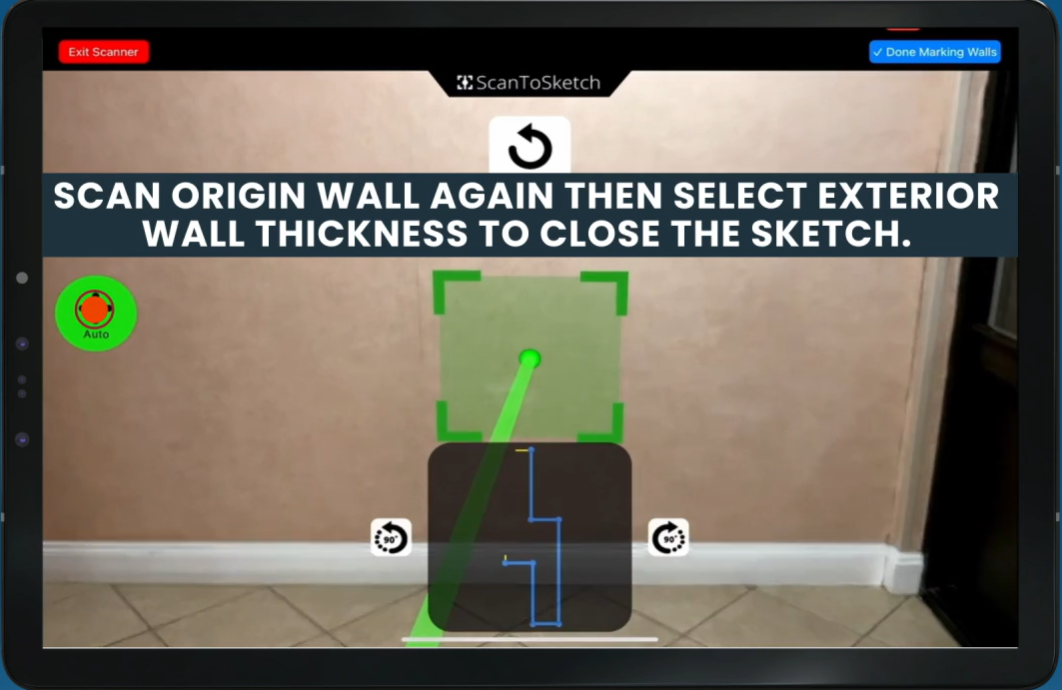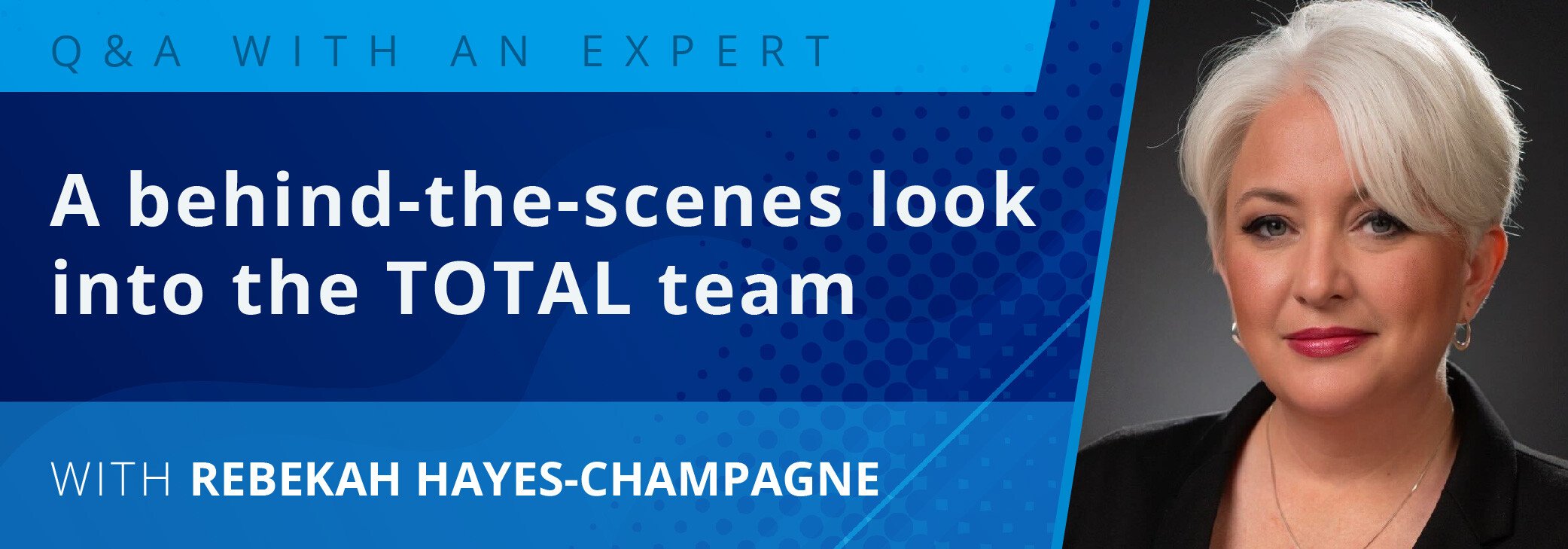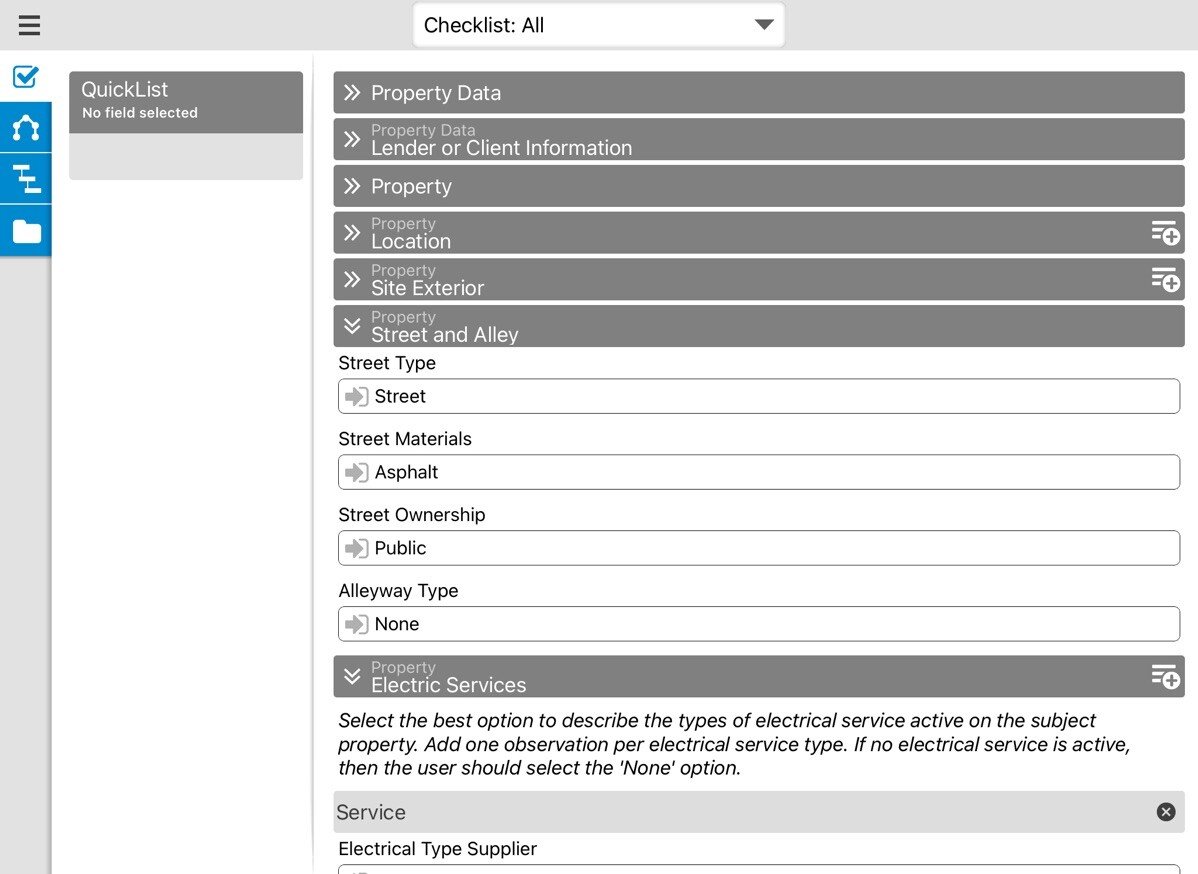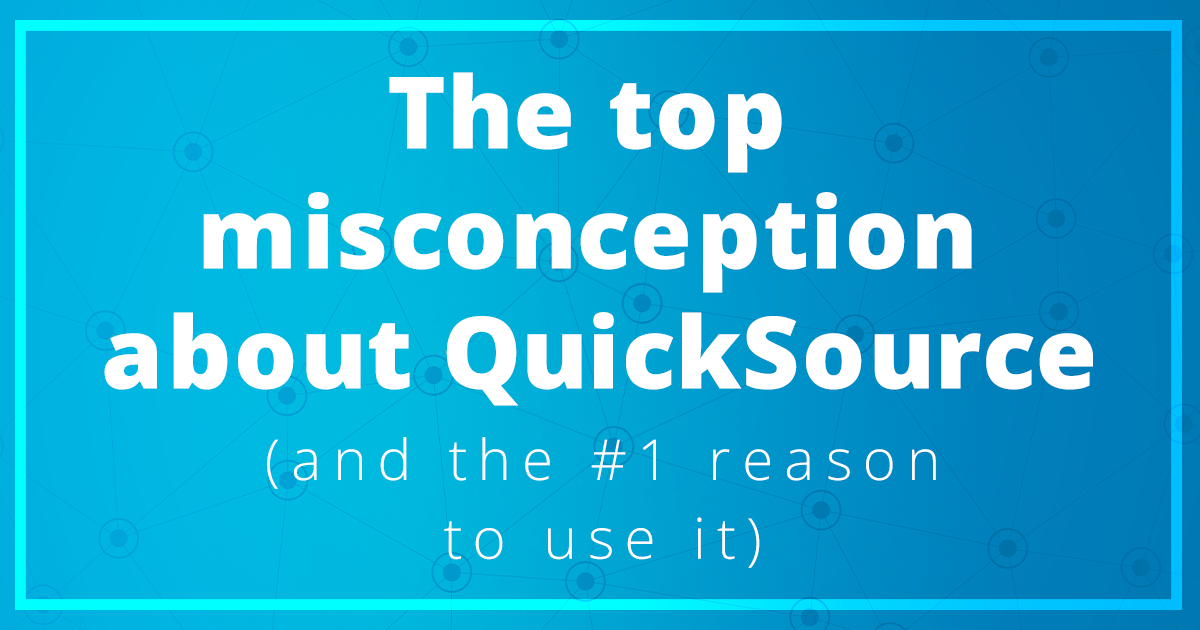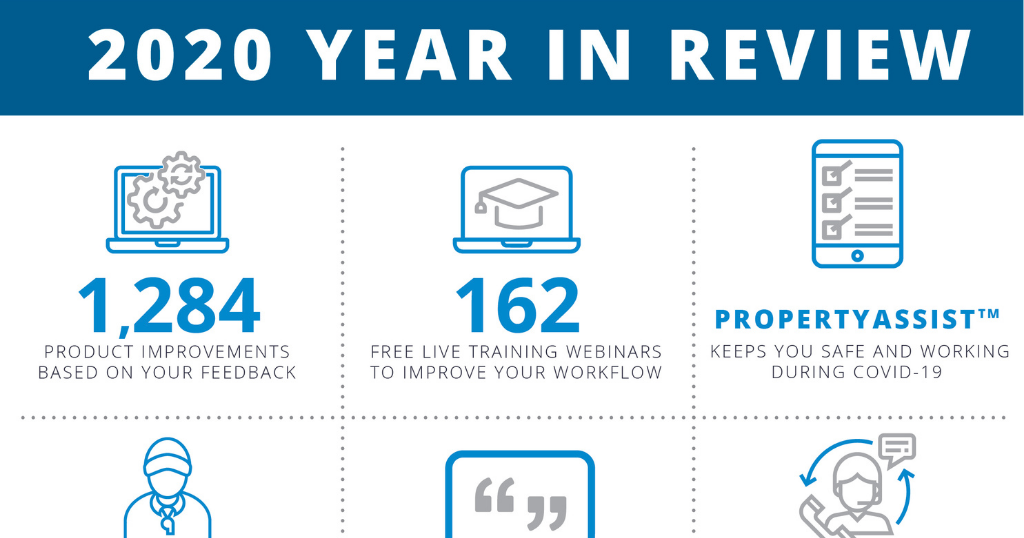Last week we passed along (and mildly endorsed) a suggestion we'd received from several readers: that eliminating the Owner's Estimate of Value from appraisal forms would decrease mortgage fraud. This simple suggestion drew a lot of feedback.
"That's a wonderful idea if you plan on doing only one assignment for the client," one reader wrote. "I am one who would rather simply turn down the assignment all together instead of providing a report that no one can use and getting call after call from irate people." This is a legitimate concern, and it's true: if you can tell right away, or with very little effort, that no one is going to like what you give them, you can avoid aggravation and possible problems getting paid by just declining the assignment.
On the other hand, another reader wrote to tell us he'd just recently been told by a lender that he routinely sends appraisal requests to two different appraisers to see which one believes he or she can come closest to the number. "We appraisers are our own worst enemies," the reader wrote.
"My concern is that not knowing what value the lender needs to be able to do the job, or what the homeowner thinks is fair for their value, leaves the appraiser without one of the tools to do the job," another conscientious appraiser wrote us. "Having no value framework at all could lead me to not do enough investigative work, or to do unnecessary extra work, or worse yet, to make the client or their client waste their appraisal money. Just because I have an 'estimate of value' doesn't mean that I am going to do something illegal or unethical to 'hit the number.'" This is true and an important point.
Yet another reader suggested that the problem is less the broker expecting a certain value than it is the underwriter not giving the value enough leeway. "Today, if I as an appraiser, not knowing the sales price/owner's estimate of value, appraise a property for something less than what's expected, I've BLOWN the deal," he wrote. "If however, I missed the 'magic number' by say $1,500 is there any reason for the lender/investor's underwriter to scrub the deal, require more comparables, or seek more buyer down payment? I don't think so." We suspect though that just as if you give a mouse a cookie he's going to want a glass of milk, a new "tolerance" for number hitting might keep number hitting with us. Only, lower numbers would be hit.
Which, if the idea is to curb inflated values, might help. But at what cost to the appraiser's peace of mind and livelihood? Obviously, it's not a cut and dried issue.



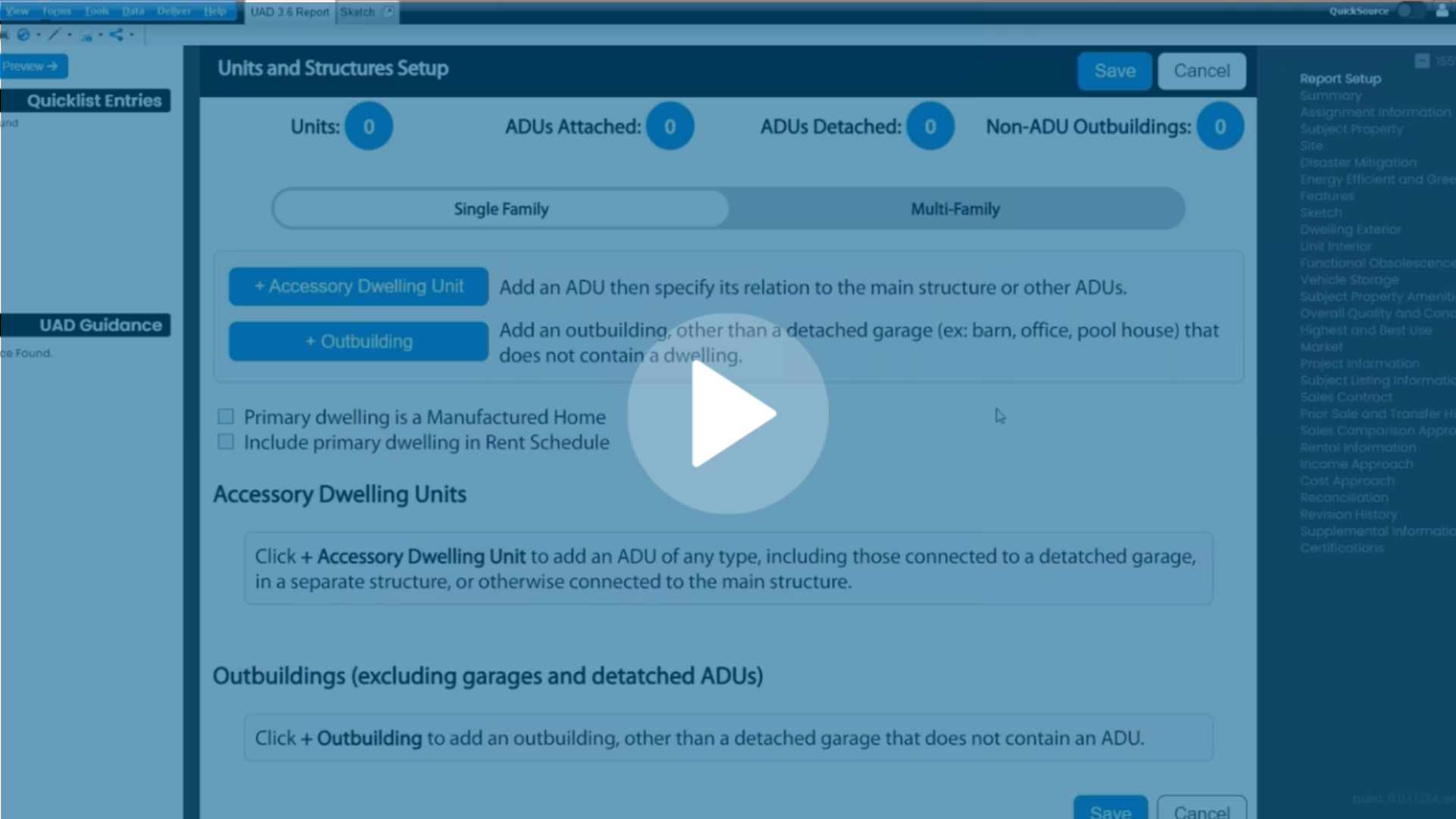
.png)

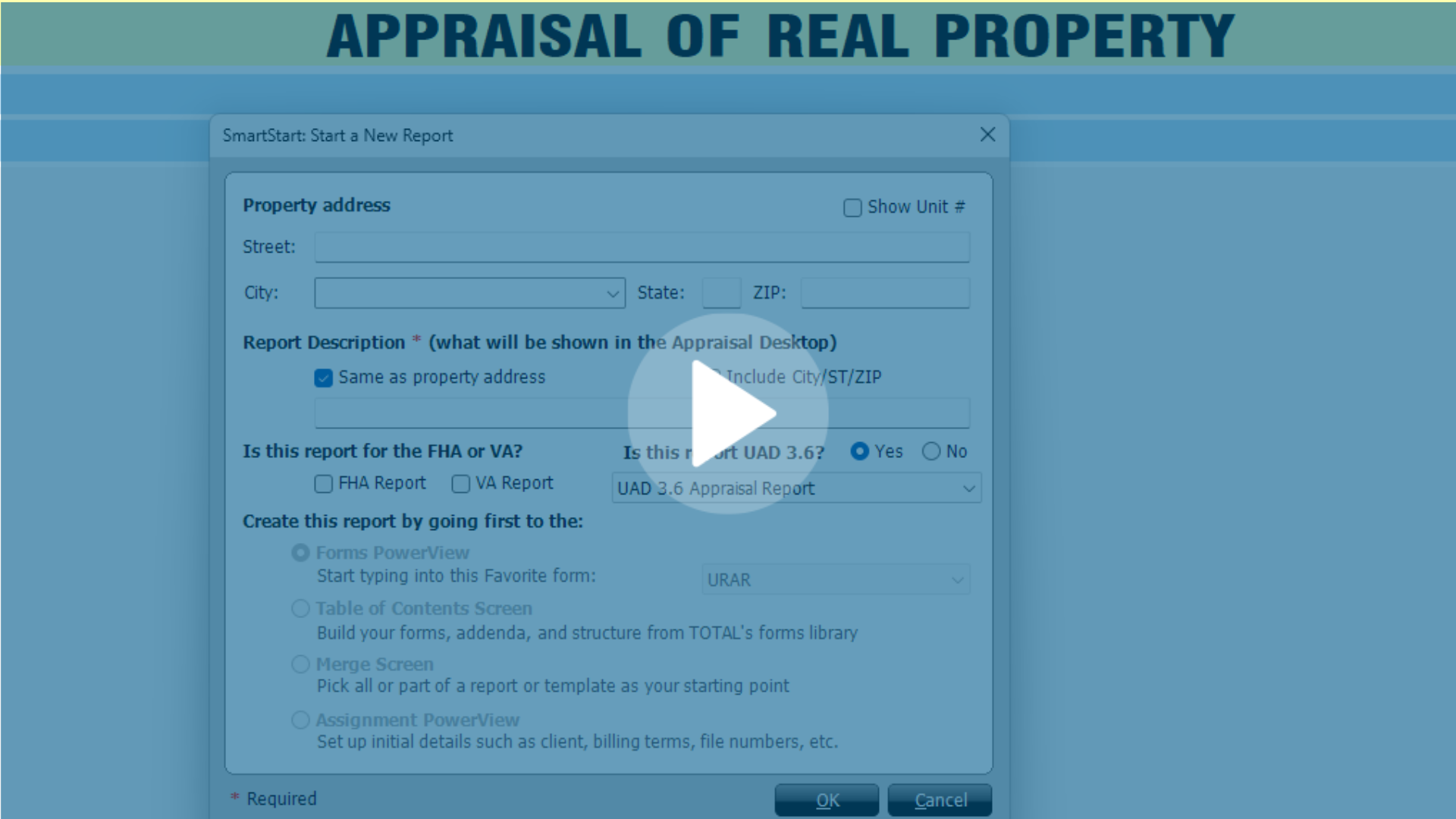
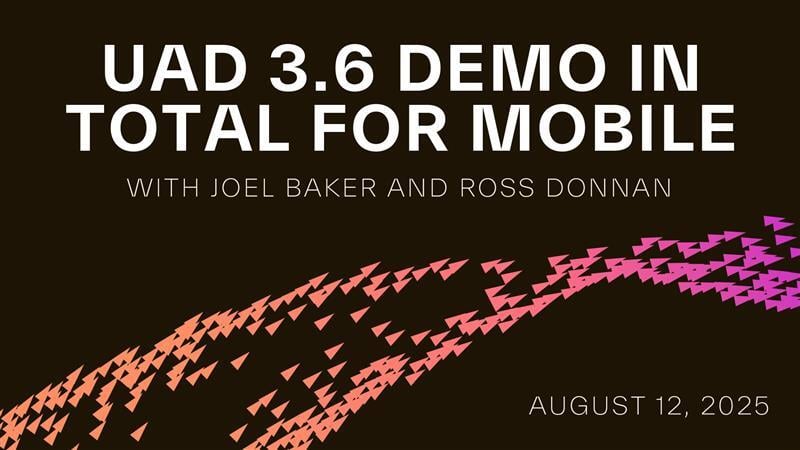

.png)
-1.png)

.png)
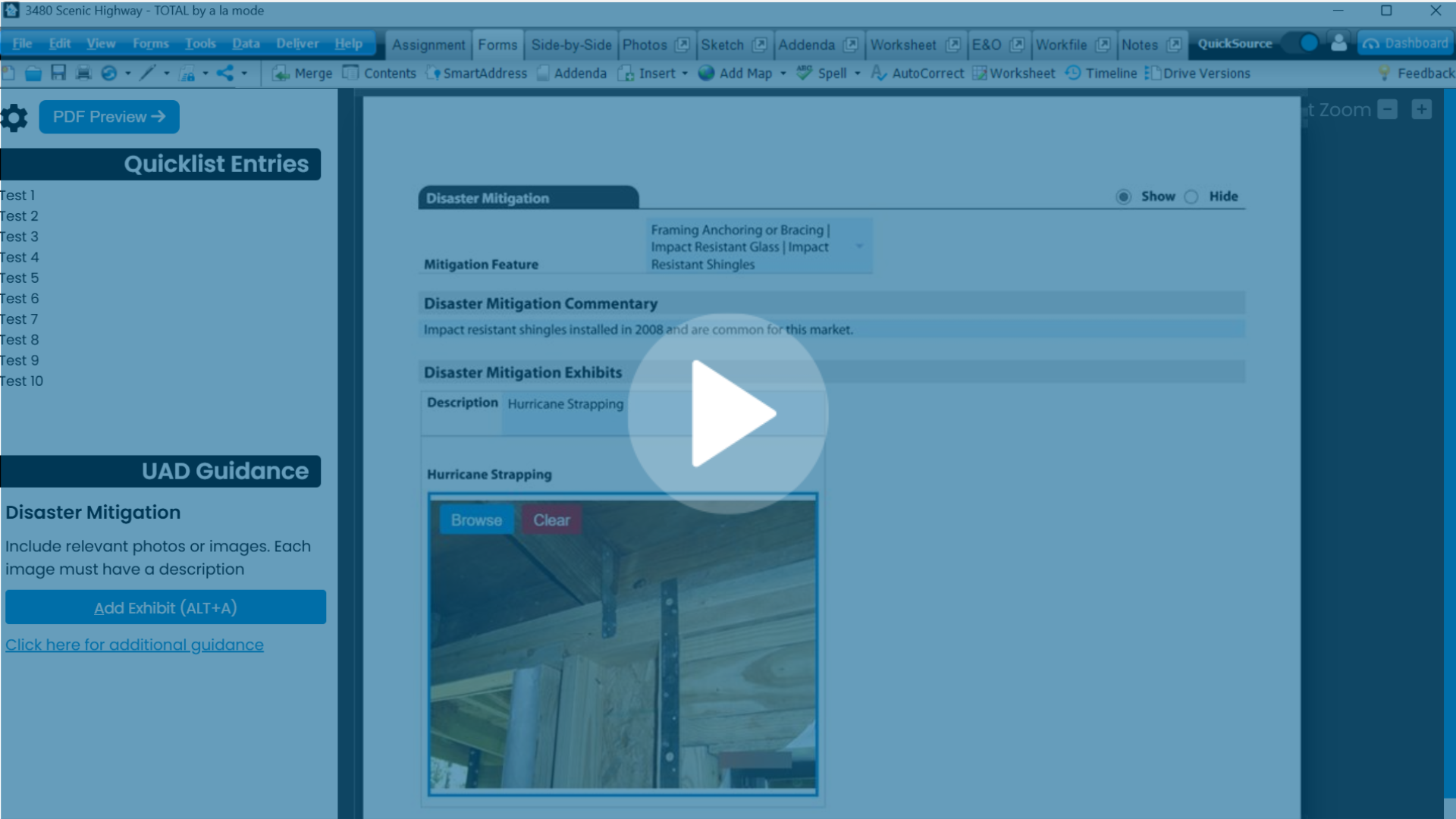
.png)
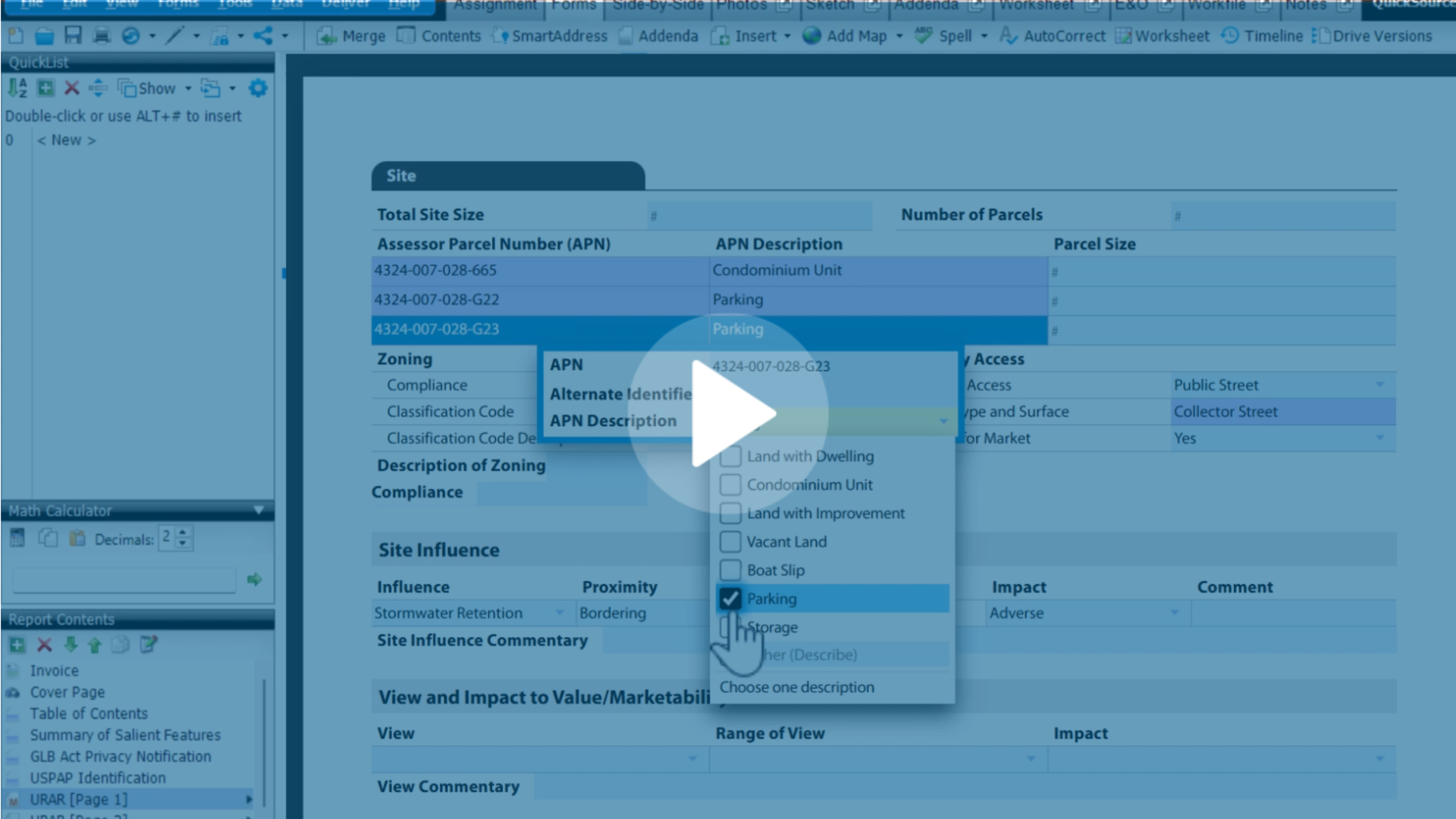
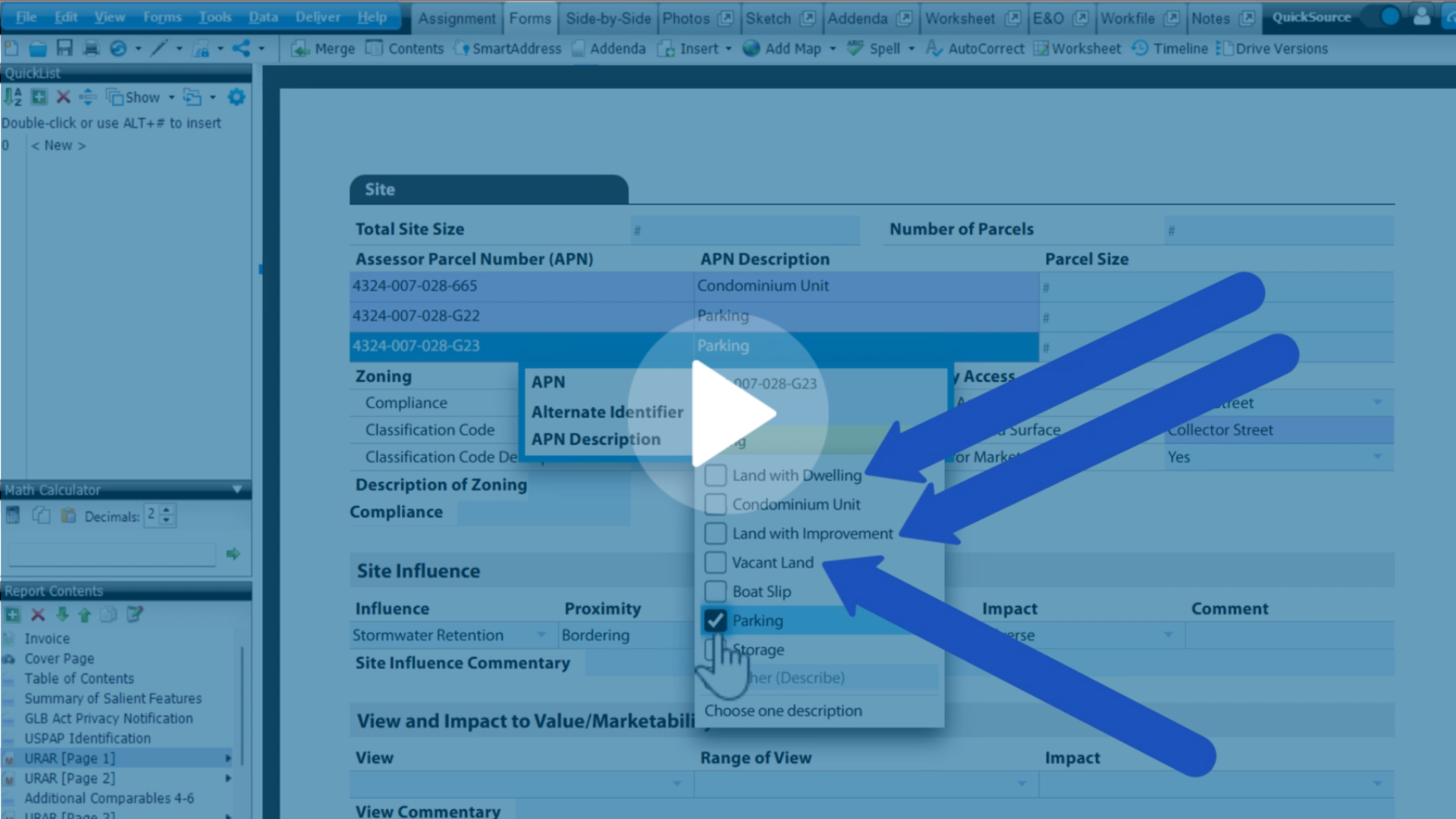
.png)
.png)
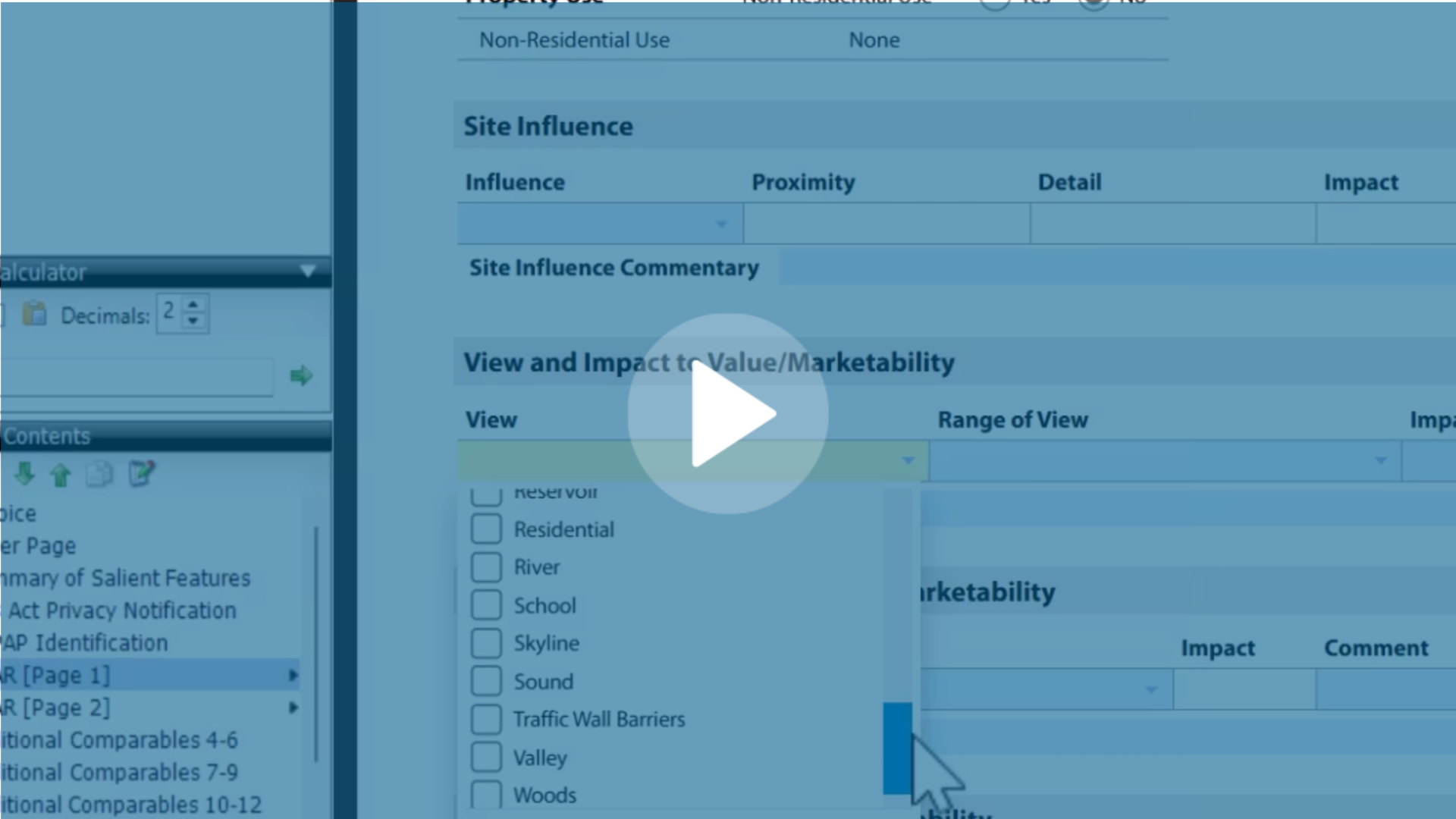
.jpg)
.png)
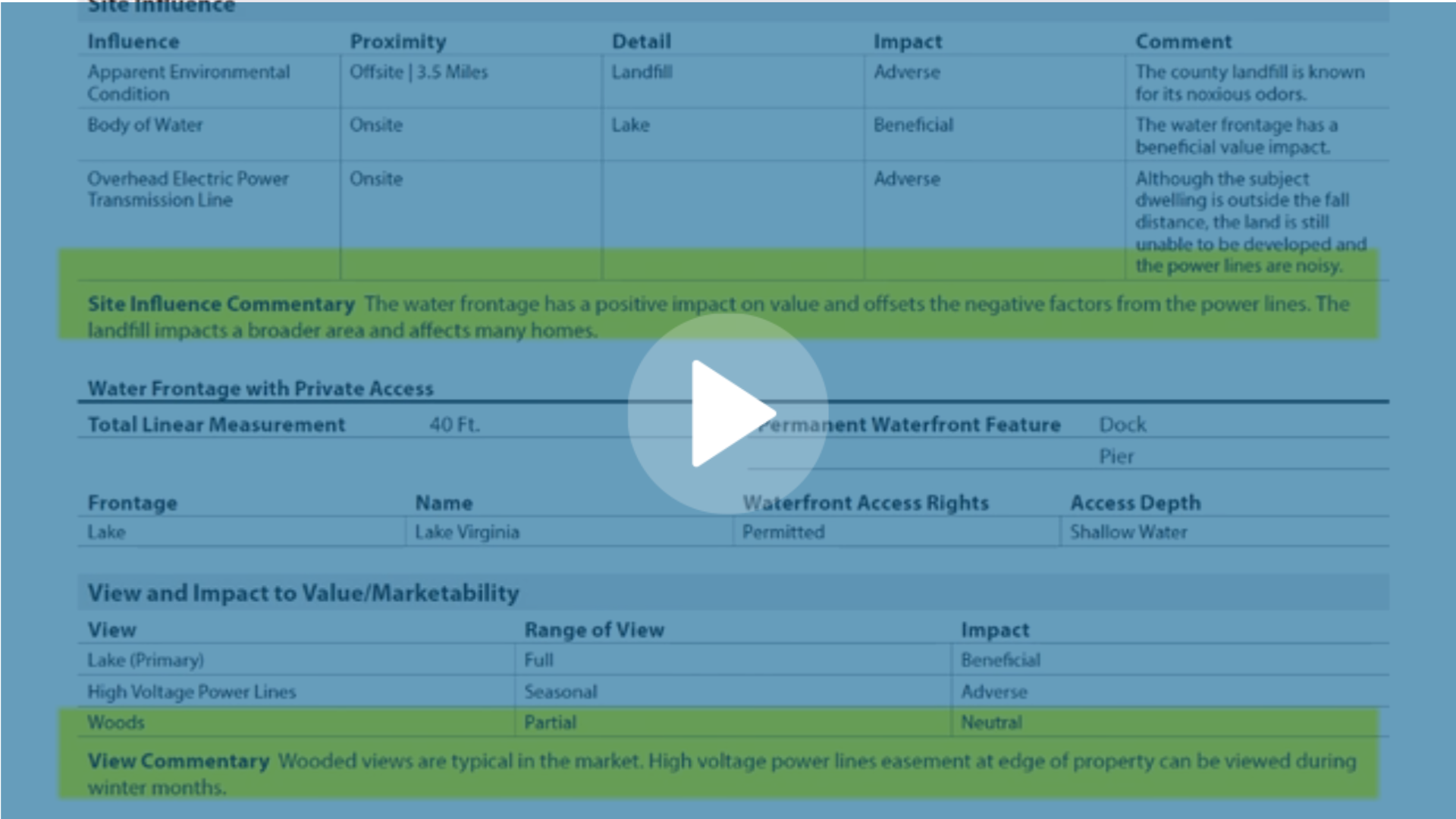
-1.png)



